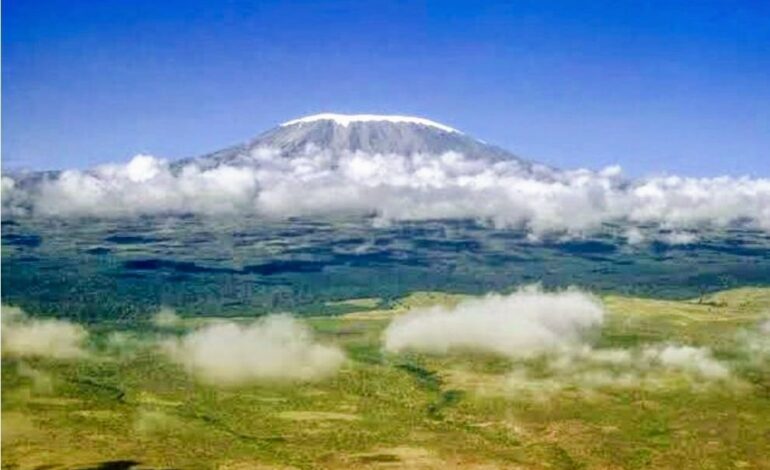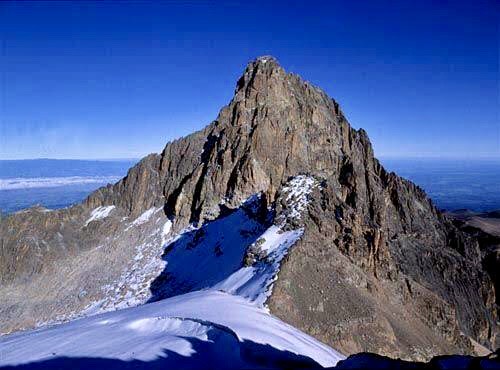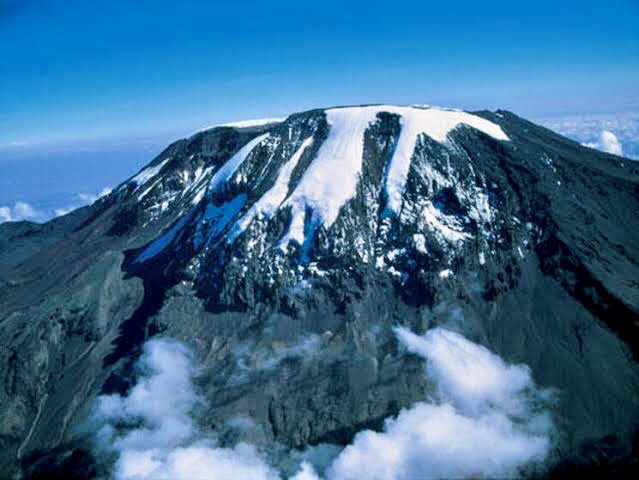
By Faith Nyasuguta
Africa’s speeding-up climate change will melt away Africa’s few remaining glaciers within 20 years, a UN report has cautioned.
Further, over 100 million poor Africans are threatened by rapid climate change. In the report released ahead of the climate summit in Glasgow, the UN pointed out the continent’s “disproportionate vulnerability” from food security, poverty, and population displacement in 2020.
“By 2030, it is estimated that up to 118 million extremely poor people will be exposed to drought, floods, and extreme heat in Africa if adequate response measures are not put in place,” Josefa Leonel Correia Sacko, the commissioner for rural economy and agriculture at the African Union Commission said.
According to the report coordinated by the World Meteorological Organization (WMO), the extremely poor are those who survive on below US $1.90 per day.
“In sub-Saharan Africa, climate change could further lower gross domestic product by up to 3% by 2050,” Sacko said.
“Not only are physical conditions getting worse, but also the number of people being affected is increasing,” she said in the foreword.
WMO Secretary-General Petteri Taalas said that in 2020, Africa experienced rising temperatures that sparked, “accelerating sea-level rise” and also extreme weather conditions including floods, landslides, and droughts, all pointing to climate change.

MELTING GLACIERS
“The rapid shrinking of the last remaining glaciers in eastern Africa, which are expected to melt entirely in the near future, signals the threat of imminent and irreversible change to the Earth system,” Taalas said.
According to the report, Africa’s landmass and waters in 2020 warmed up more rapidly than the world average.
Further, data points to the three-decade warming trend between 1991-2020 being higher than that of the 1961-1990 period across all African regions.
The sea-level rise rates across tropical coasts, the South Atlantic, and along the Indian Ocean was also higher than the global average.
Despite the glaciers not serving as key water reserves, Africa’s glaciers which have high tourism and scientific value are retreating at a rate higher than the world average.
“If this continues, it will lead to total deglaciation by the 2040s,” the report said.
“Mount Kenya is expected to be deglaciated a decade sooner, which will make it one of the first entire mountain ranges to lose glaciers due to human-induced climate change.”
The other glaciers in Africa are on the Rwenzori Mountains in Uganda and Mount Kilimanjaro in Tanzania.
Find the full report here-https://library.wmo.int/index.php?lvl=notice_display&id=21973#.YW7GIBrMLIV

The WMO has thus called on African nations to invest in “hydrometeorological infrastructure and early warning systems to prepare for escalating high-impact hazardous events.”
The report was commissioned by the WMO, the African Union Commission, the Economic Commission for Africa (ECA) via the Africa Climate Policy Centre (ACPC), international and regional scientific organizations and United Nations agencies.




